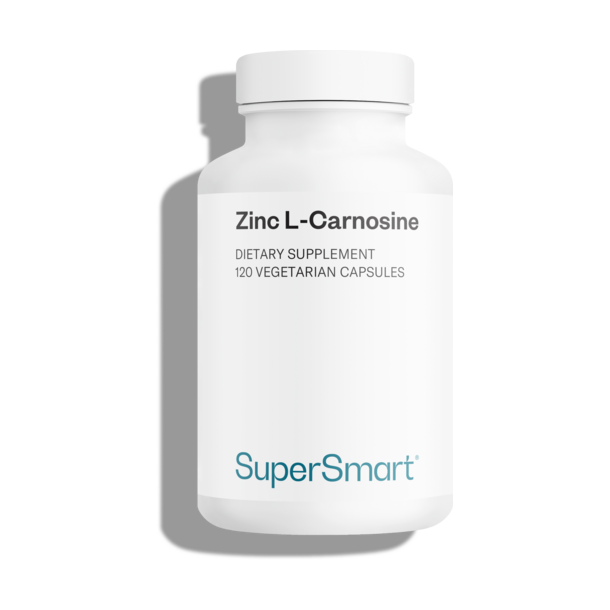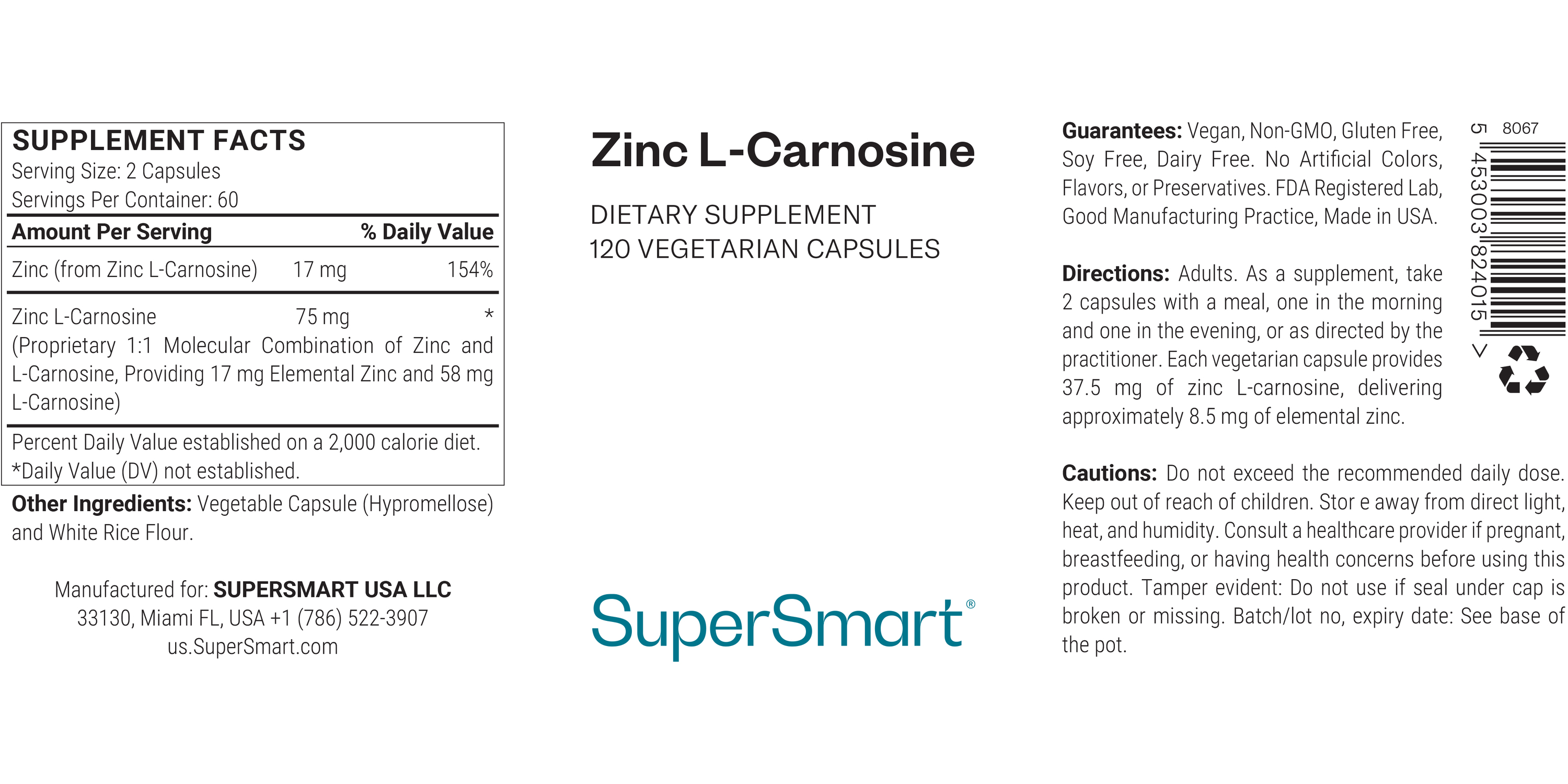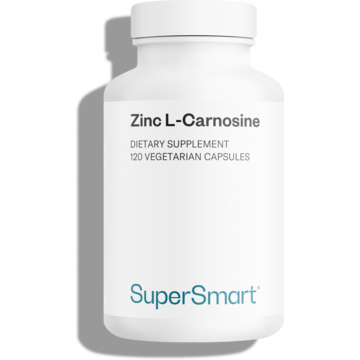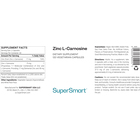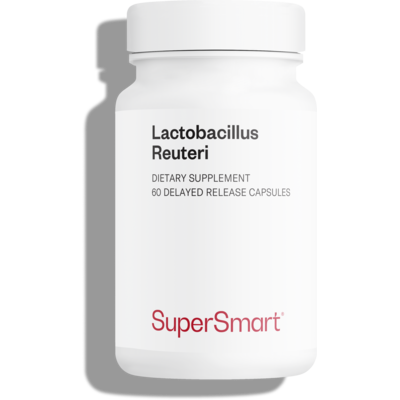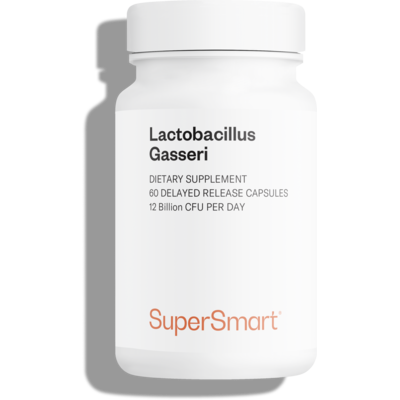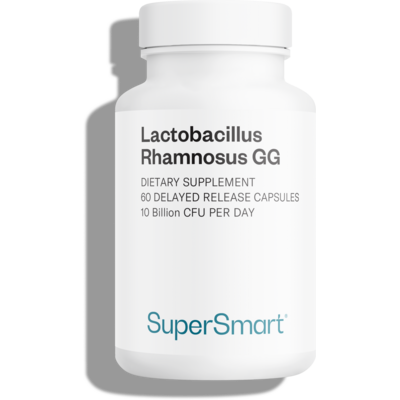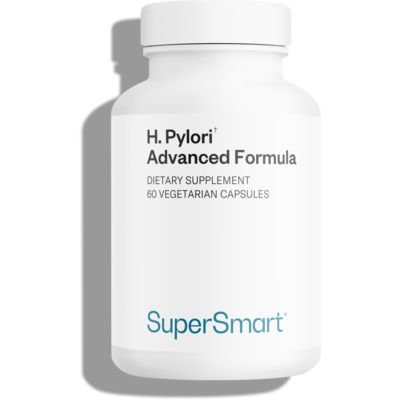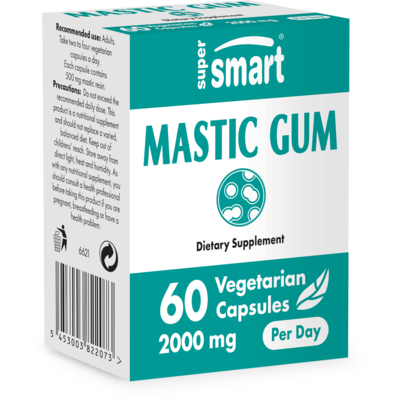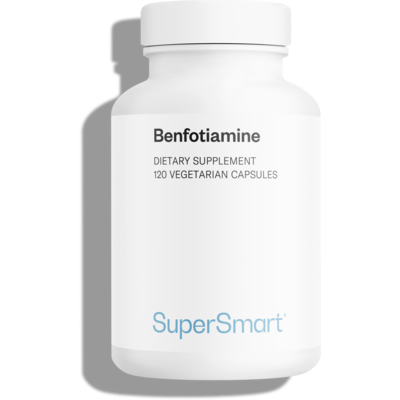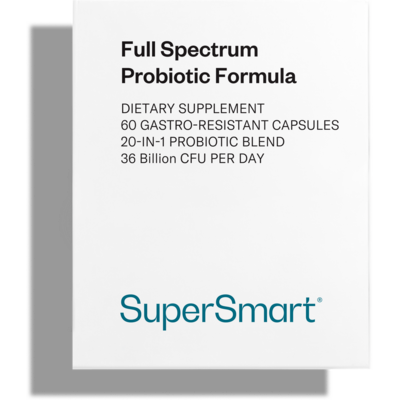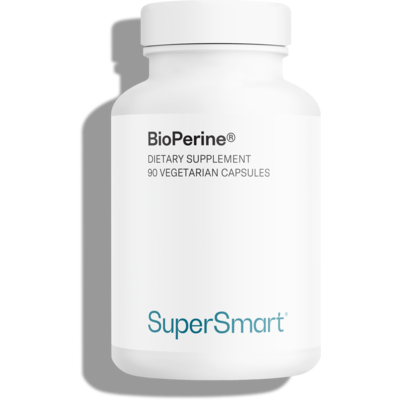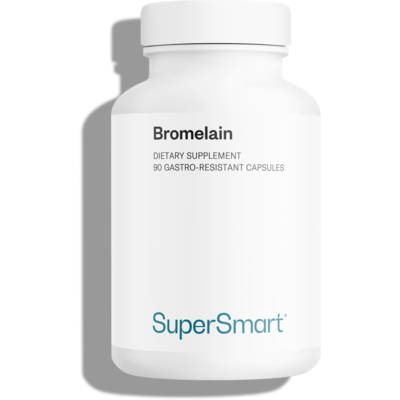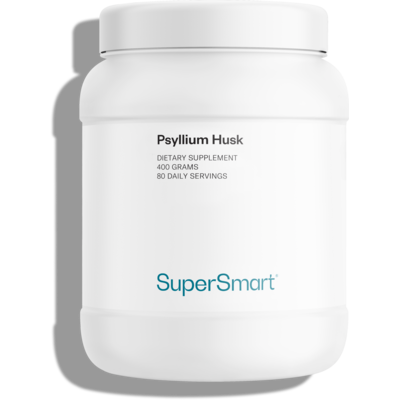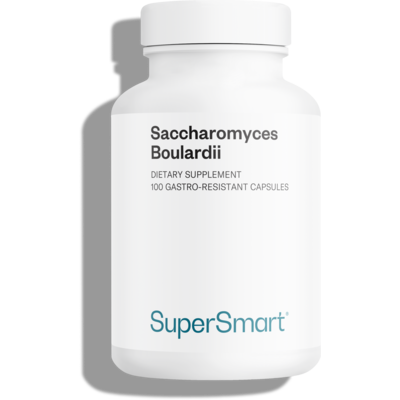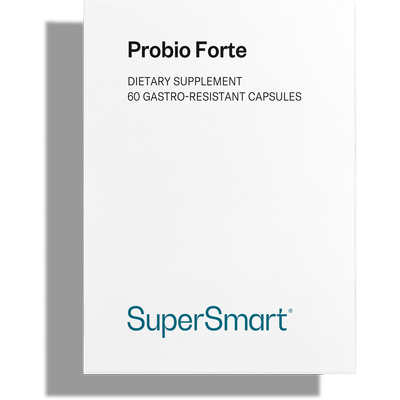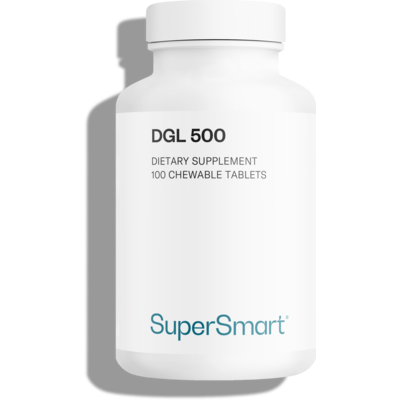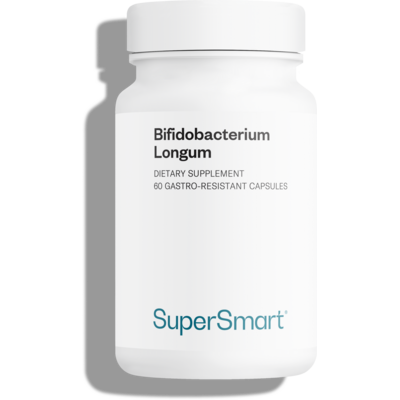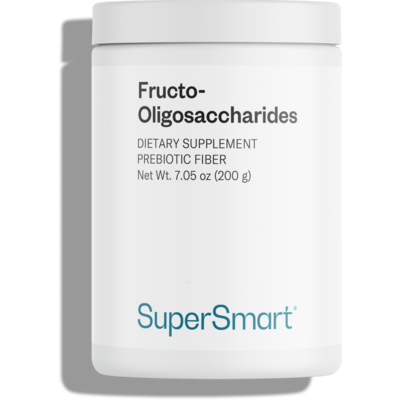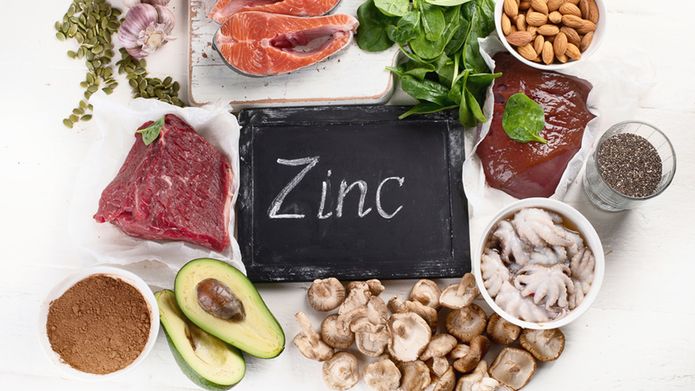In Stock
Zinc L-Carnosine
Zinc Carnosine Supplement to Support Natural Gastrointestinal Balance *
Create Your Offer
Our Zinc L-Carnosine supplement features a combination of elemental zinc and L-carnosine. It is included for its potential to support the natural balance of the stomach environment and contribute to general digestive well-being.*
This blend may be an addition to your daily wellness routine, offering potential support for the natural balance of the upper digestive environment.*
What is Zinc L-Carnosine?
So, what is Zinc L-Carnosine? Zinc L-carnosine is a compound that combines elemental zinc with L-carnosine. This form is known for its gradual release in the stomach, and is included for its potential to support the natural balance of the digestive environment.*
This combination is thought to help support the stability of zinc in the stomach, with L-carnosine potentially contributing to its interaction with the gastric environment.*
Why Consider Zinc L-Carnosine for Digestive Support?*
Maintaining the stomach’s natural balance is often considered a helpful part of overall digestive wellness.* Zinc L-Carnosine is included for its potential to support the upper digestive environment and contribute to everyday gastric comfort.*
Zinc plays a role in various biological functions and has been studied for its potential involvement in areas such as immune function and cellular maintenance.* Our supplement may help support already healthy zinc levels, especially in those whose dietary intake may be low from time to time.*
What Zinc L-Carnosine May Help Support*
Zinc L-Carnosine has been explored in research for its potential to support the stomach’s natural environment, particularly in relation to upper digestive comfort.*
Traditionally, foods like plantains, slippery elm, and licorice have been used in wellness practices to support digestive comfort.* Zinc L-carnosine has also been studied for its potential role in supporting the upper digestive environment.*
For example, some research has explored the potential of zinc L-carnosine to help support the natural balance of the gastric environment and contribute to digestive comfort.*
- The bonded form of zinc and L-carnosine is thought to remain in the stomach longer, which may help support the natural balance of the upper digestive environment.*
- L-carnosine, a compound naturally present in muscle tissue, may play a role in supporting the delivery of zinc within the stomach.*
- Ongoing research is exploring potential applications of this combination in digestive wellness.*
Altogether, this compound may be a supportive option for those looking to maintain the natural balance of the digestive environment and encourage everyday comfort.*
Potential Considerations When Using Zinc L-Carnosine*
Zinc L-Carnosine is generally considered well-tolerated, although individual responses may vary.* As with any supplement, it may be helpful to check with a healthcare professional before starting, particularly if you have any existing health considerations or are using other wellness approaches.*
As with any supplement, women who are pregnant or breastfeeding may wish to consult a healthcare professional before use.*
Making informed choices can be an important part of any wellness routine. It may be helpful to speak with a qualified healthcare professional to see if Zinc L-Carnosine—or any other supplement—fits well with your individual needs and goals.*
WARNINGS
Do not exceed the recommended daily dose. This product is a nutritional supplement and should not be used as a substitute for a varied and balanced diet or a healthy lifestyle.
STORAGE
Store in a cool, dry place away from direct sunlight, heat, and humidity. Keep out of reach of children.
PREGNANCY AND MEDICAL CONDITIONS
If you are pregnant, breastfeeding, or have any medical conditions, consult your healthcare provider before using this product.
SUPPLEMENT INTERACTIONS
Consult your healthcare provider before use, especially if you are taking any medications or other supplements as there may be potential interactions.
august 27 2024
Excellent product has helped us a lot it will also improve hair and skin.
june 30 2023
It's helped considerably with bloating symptoms
april 16 2023
This product has helped me to better manage GERD symptoms.
Need Help?
Phone Number
+1 (786) 522-3907
From 9 am to 6 pm (EST)
Email Address
You May Also Like

